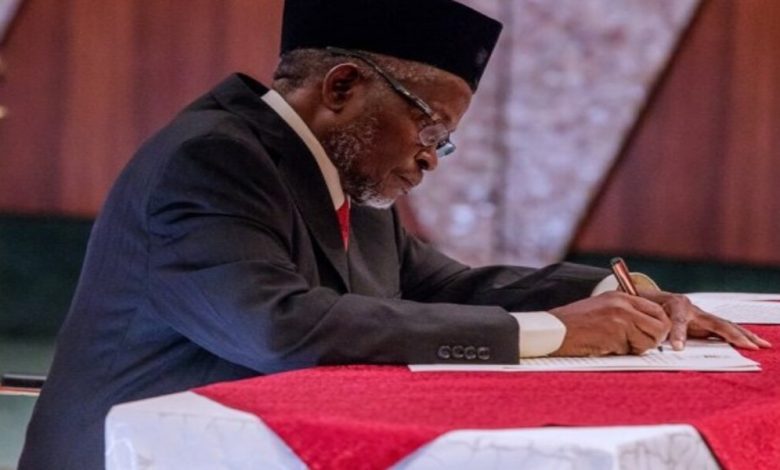
In a democracy when the judiciary is financially attached to the administration, it is impossible to be unbiased and objective, said Chief Justice of Nigeria Justice Tanko Muhammad yesterday at the National Judicial Institute in Abuja.
He emphasised the necessity for financial autonomy, which ensures the court’s neutrality and to avoid a repetition of the JUSUN strike that paralysed the judiciary for months.
The conference, titled ‘Promoting Judicial Excellence in the Administration of Justice,’ allows judges to strategize and solve issues such as court inefficiency, inadequate infrastructure and service conditions, intellectual decline, and corruption.
While praising President Buhari for allowing the court financial autonomy, the CJN expressed regret that only a few states had executed the agreement pertaining to state judicial financing.
“Majority of the Heads of Courts still go caps in hands to the governors to beg for what is constitutionally due to them. As such, I urge the governors to emulate the FG by ensuring that Section 121 (3) of the 1999 Constitution (as amended) is fully adhered to and implemented.
“I also counsel the governors to remember that the judiciary cannot be regarded as being independent unless it can adequately meet its needs without kowtowing to them for funds,” he remarked.
Muhammad stated that the Nigerian judiciary is the most overworked in the Commonwealth due to political cases and disputes, but this would not deter them from rising to the challenge and restoring public confidence in the judicial system.
